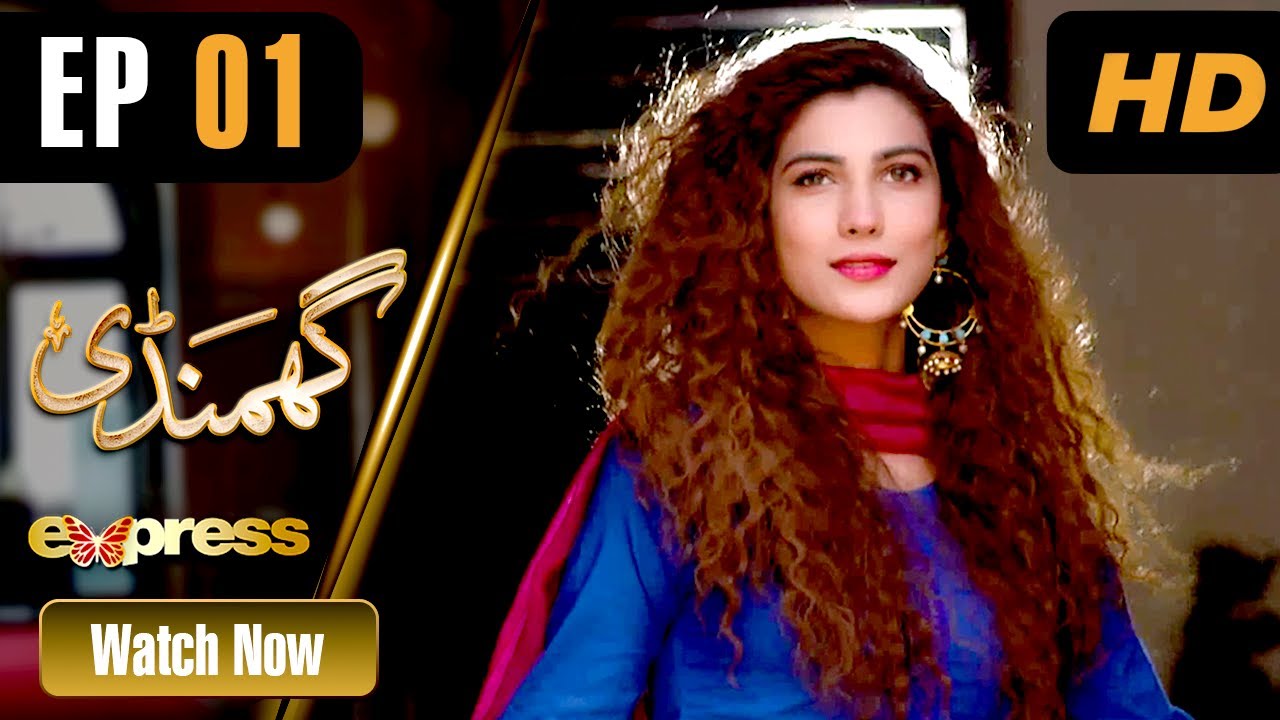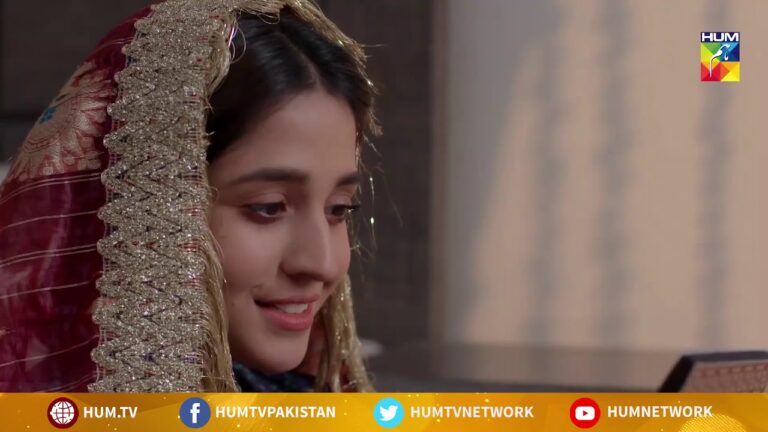Ghamandi Drama Review: Ghamandi dramas, a staple of South Asian television, center around characters consumed by greed, ambition, and a relentless pursuit of wealth and status. These narratives expose the dark side of human nature, exploring themes of manipulation, betrayal, and the ultimate downfall of those blinded by their desires. This review dives into a fictional Ghamandi drama, dissecting its plot, characters, and the social commentary it offers.
Plot Overview
At the heart of our fictional Ghamandi drama lies a wealthy family – the Khursheed family – led by the patriarch, Malik Khursheed, a ruthless businessman obsessed with accumulating wealth. His wife, Begum Razia, embodies the quintessential ghamandi woman, coveting jewelry, power, and social status. Their children, समीर (Sameer) and سارا (Sarah), inherit their parents’ materialistic tendencies, often clashing over their desires for a luxurious lifestyle.
Enter Zara, a beautiful and ambitious young woman from a modest background. Malik Khursheed, captivated by her youth and beauty, takes her as his second wife, much to Begum Razia’s fury. Zara, initially hesitant, sees this as an opportunity to escape poverty and elevate her social standing.
As Zara enters the household, tensions escalate. Begum Razia, threatened by Zara’s youth and beauty, schemes to undermine her. Sameer, drawn to Zara’s charm, attempts to manipulate her for his own gain. Sarah, envious of Zara’s newfound wealth, fuels the flames of discord.
The narrative unfolds like a spiderweb of deceit. Zara, initially naive, might learn to play the game of manipulation, using her newfound power to her advantage. Malik Khursheed’s health deteriorates, becoming a pawn in the family’s power struggle. The will, a coveted document outlining the inheritance, becomes a central focus, leading to further scheming and backstabbing.
The climax could involve a shocking revelation – a hidden clause in the will, an illegitimate child, or a betrayal that shatters the family’s facade. This event exposes the hollowness of their pursuit of wealth and exposes the true cost of their ghamand (arrogance).
Character Analysis
-
Malik Khursheed: A caricature of greed, Malik Khursheed embodies the destructive nature of unchecked ambition. His health decline can serve as a cautionary tale, highlighting the fleeting nature of wealth and power.
-
Begum Razia: The epitome of a ghamandi woman, Begum Razia is a complex character. She might crave luxury but also possess a fierce protectiveness for her children. Her insecurities and fear of being replaced fuel her manipulative actions.
-
Zara: Zara’s journey is central to the narrative. Initially innocent, she might become corrupted by the family’s wealth and indulge in her own ghamand. Alternatively, she could emerge as a strong character, defying their manipulations and carving her own path.
-
Sameer and Sarah: These characters represent the entitled children of privilege. Sameer’s manipulation and Sarah’s envy highlight the destructive consequences of a ghamandi upbringing.
Social Commentary
Ghamandi dramas hold a mirror to the ills of a materialistic society. They critique the obsession with wealth and status, exposing the emptiness it brings. The narratives often depict the breakdown of family values, where greed and manipulation trump love and compassion. Additionally, they can highlight the plight of women within such families, who are often seen as commodities or pawns in the power struggle.
Themes
-
Greed and Ambition: The core theme revolves around the insatiable desire for wealth and status, and the destructive consequences it unleashes.
-
Deception and Manipulation: The characters are constantly scheming and manipulating each other, highlighting the moral decay caused by ghamand.
-
The Downfall of the Arrogant: The drama serves as a cautionary tale, showcasing the inevitable downfall of those consumed by their arrogance and greed.
-
Family Dynamics: Ghamandi dramas depict the fracturing of family bonds as love and respect are sacrificed at the altar of wealth.
Building on the foundation laid in the previous review, let’s delve deeper into the complexities of Ghamandi dramas. We’ll explore opportunities to add layers to the characters, introduce the possibility of redemption, and weave in additional themes for a more nuanced narrative.
Character Nuance
-
Malik Khursheed: Don’t paint Malik Khursheed solely as a villain. Perhaps he had a difficult past that fueled his relentless pursuit of wealth. Maybe a near-death experience forces him to confront his priorities.
-
Begum Razia: Give Begum Razia more depth. Is her ghamand a coping mechanism for a deeper insecurity? Does she yearn for her husband’s genuine love or simply fear losing her social standing?
-
Zara: Make Zara’s journey a complex one. Does she grapple with guilt over her actions? Can she find a way to use her influence for good or defy the family’s expectations?
-
Sameer and Sarah: Explore the reasons behind Sameer and Sarah’s ghamand. Were they spoiled from a young age? Do they crave their parents’ approval? Perhaps they experience a reality check that forces them to re-evaluate their values.
Introducing Redemption
-
A Change of Heart: Can a character experience a genuine change of heart? Maybe Malik Khursheed seeks to reconcile with his family or Begum Razia learns the value of love over wealth.
-
Consequences and Atonement: Show the characters facing the consequences of their actions. Perhaps Zara uses her wealth to help others or Sameer and Sarah learn the value of hard work.
-
Finding Happiness Outside Wealth: The drama can showcase that true happiness lies beyond material possessions. Characters who prioritize genuine connection over wealth can find a sense of fulfillment.
Additional Themes
-
Generational Differences: Explore the clash between the materialistic values of the older generation and the idealistic views of the younger generation.
-
The Impact on Society: Ghamand can have a ripple effect. Show how the family’s obsession with wealth impacts those around them, like employees or business associates.
-
The Cycle of Greed: Highlight how the pursuit of wealth can be a never-ending cycle. Characters who break free from this cycle can offer a message of hope.
Incorporating Social Issues
-
Materialism in Society: Ghamandi dramas can critique the societal obsession with conspicuous consumption and keeping up with appearances.
-
The Importance of Ethics in Business: The drama can showcase the consequences of unethical business practices and the importance of social responsibility.
-
The Struggles of the Underprivileged: Juxtapose the wealthy Khursheed family’s lifestyle with the struggles of those less fortunate, highlighting social inequality.
Alternative Endings
-
A Glimmer of Hope: The drama doesn’t need a perfectly happy ending, but it can offer a hopeful outlook. Characters who learn from their mistakes or find redemption can inspire viewers.
-
Breaking the Cycle: Perhaps Zara leaves the family, taking nothing with her, or Sameer and Sarah choose a simpler life. This can show the possibility of escaping the ghamand cycle.
-
A Cautionary Tale: The drama might end with the Khursheed family losing everything, serving as a stark warning against unchecked greed.
Conclusion
Ghamandi dramas offer a scathing critique of societal ills. By portraying the downfalls of characters blinded by greed, they serve as cautionary tales. While the entertainment value is undeniable, these narratives spark conversations about materialism, family values, and the importance of ethical conduct in the pursuit of success.










+ There are no comments
Add yours